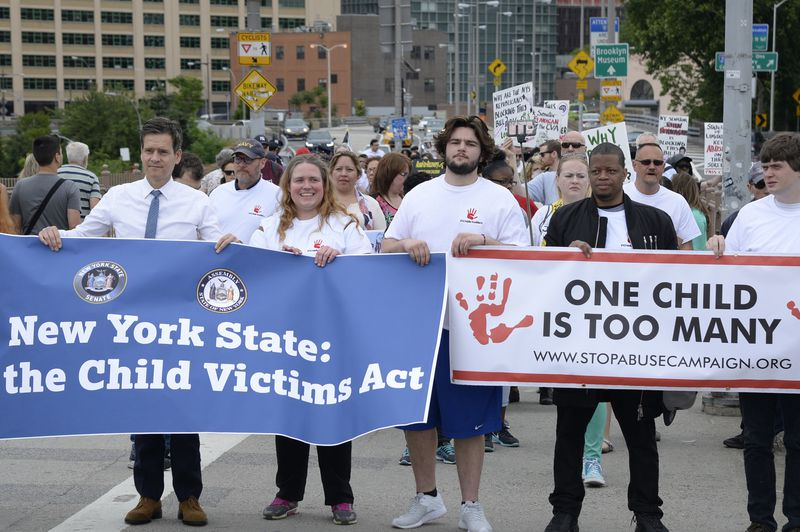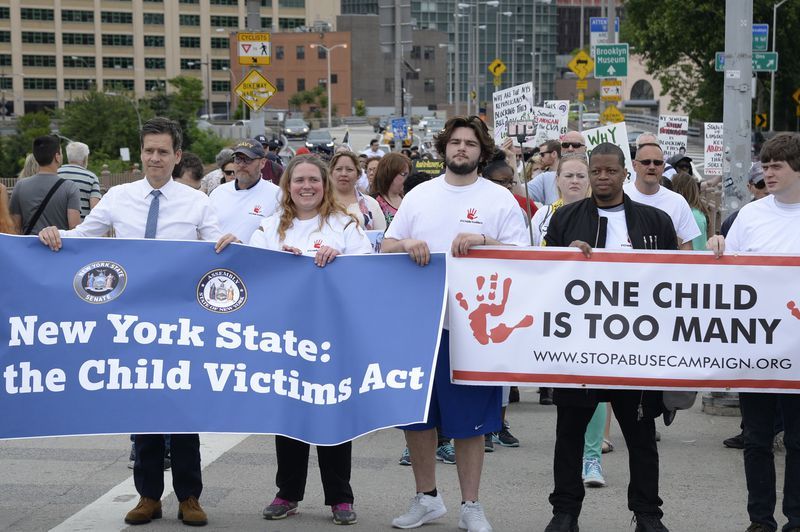The Perfect Balance Between Connection and Correction
What would you do to protect your child from sexual abuse?
As a mother and lawyer (specializing in representing survivors of sexual abuse against negligent institutions), I realize now more than ever how important it is to have a strong relationship with your child. It runs deeper than emotions; it develops safety.
Cultivating a strong relationship with your children fosters communication, which, in turn, makes them less susceptible to grooming by sexual predators. Grooming consists of actions taken by predators to desensitize children to future sexual abuse. The actions taken by the predator, such as showing favoritism, mentally prime the child to comply with the sexual abuse. Strength in the parent-child relationship is a significant protective factor, and that requires a healthy combination of correction and connection.
In my own findings, a notable commonality among sexual abuse survivors is that many who were abused for a prolonged period of time felt or believed that they could not confide in their parent. In many of these cases, they may not be able to fully articulate their reasoning. It’s not necessarily that the parent did anything wrong or was a “bad” parent, but for some reason, the child chose not to disclose the sexual abuse.
In situations where the child has disclosed the abuse to the parent, the common denominator is that there is a strong relationship with the parent. Of course, there is a stigma associated with sexual abuse, shame that attaches to it, and other factors which may prevent a child from disclosing abuse.
The strength of any relationship is found in its communication, and the parent-child relationship is no different. When communication is strong, the connection between parent/caretaker and child deepens. In order for this level of communication to develop, the child must feel safe.
Sexual predators take advantage of vulnerable children. Many who fall victim to sexual abuse come from the proverbial “broken home.” In other words, many who fall victim to sexual abuse either lack a relationship with their primary caregiver(s) or come from an abusive or neglectful home. Now, there are cases that fall within the exception, but the vast majority of predators intentionally seek out vulnerable children-- just like a lion attacks a gazelle left behind by its herd.
As a mother of three boys, I realize that it is sometimes difficult to connect with your children while constantly correcting them. Discipline and correction are essential to raising a child, but if correction is all the relationship is built upon, it is impossible to fully communicate-- and ultimately, connect-- with your child.
The secret, in my experience, is to connect with your children as much as possible. That way, when you correct them, it comes from a more loving place. Your child will better receive correction once you’ve already established a connection. Too much discipline without connection erodes communication between parent and child. It is essential to find a middle ground. With the right balance, the child will feel safe to disclose possible grooming or sexual abuse by a predator.
Imagine this: someone who you barely spend time with tells you something you should fix about yourself. In this case, you might receive this feedback as criticism or admonishment, and the relationship erodes. However, the reverse is also true-- if someone who you spend time with regularly, who often communicates and connects with you, tells you something you need to improve on, it seems more like loving advice. In this case, the connection deepens, and you may even feel gratitude toward the person. Children are adults who haven’t developed yet; therefore, it’s no different for them. If anything, their experiences are magnified.
Connecting with your child looks different for everyone, depending on ages, cultures, backgrounds, and other influences. Children speak a specific language, and it is important that you speak their language in order to effectively connect. For example, if your child loves to play all day (like my son did when he was three), you might spend extra intentional time playing with them. In my son’s mind, I showed him love and care by playing with him all day and providing his basic needs. By connecting with your child in the way they will best receive it, you will continue to foster a sense of security and trust.
It is vital to find the perfect balance between connection and correction with your children. The relationship you have with your child may be what protects them from becoming yet another victim of sexual abuse.
Blog







